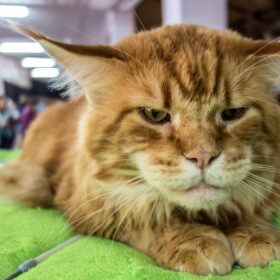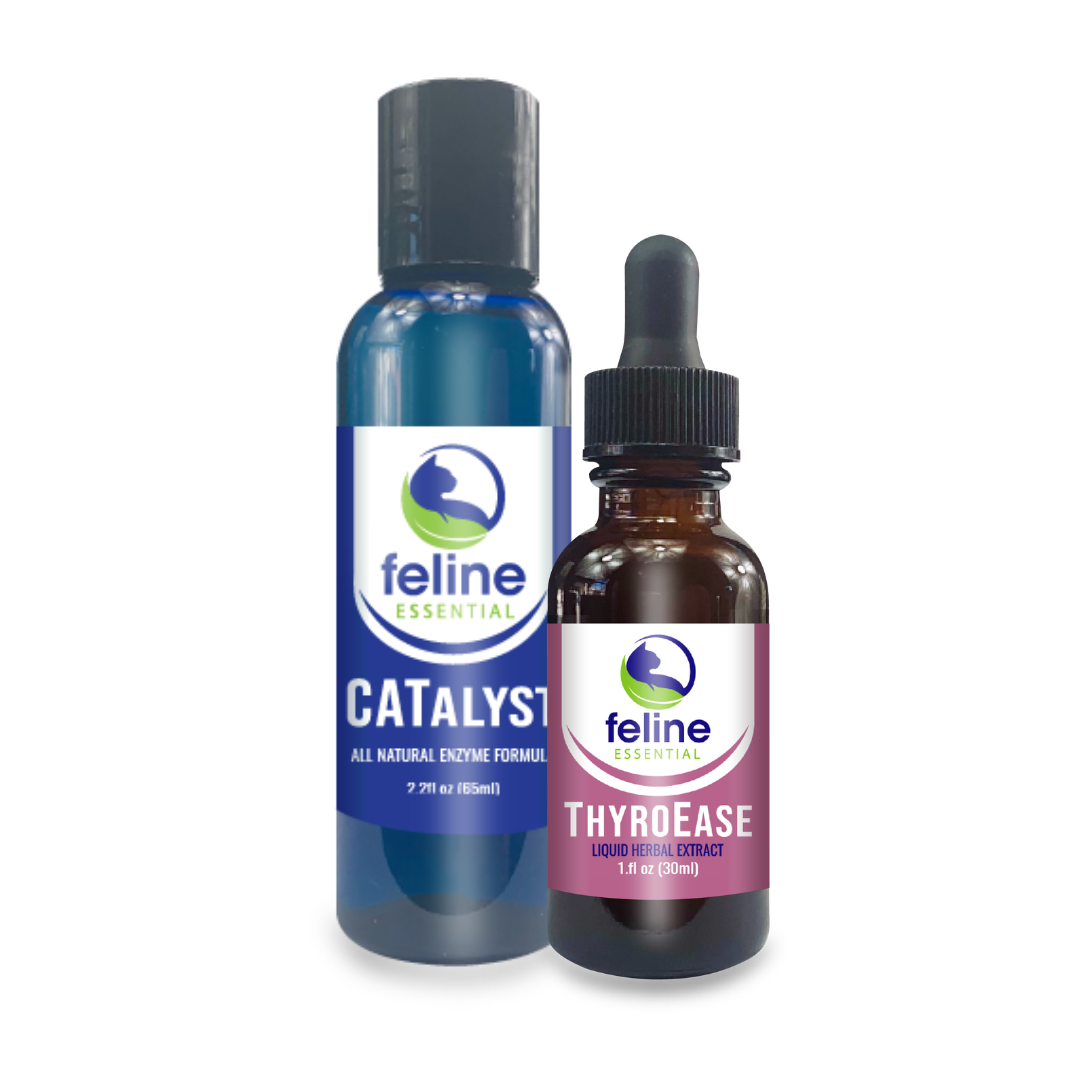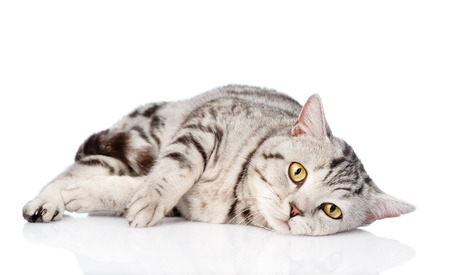Symptoms, Causes & Natural Remedies
Hyperthyroidism is unfortunately a common hormonal disorder in cats that occurs when the thyroid gland produces an excess of thyroid hormone. This condition can lead to several health problems and should be treated as soon as possible.
In this guide, we will discuss the symptoms, causes, and natural remedies for hyperthyroidism in cats. Additionally, we will explore the potential link between feline hyperthyroidism and certain environmental factors, such as PBDE, fish-flavored foods, and BPA cans.
Symptoms of Hyperthyroidism in Cats
The symptoms of hyperthyroidism in cats can vary but usually include the following:
- Weight loss
- Increased appetite
- Hyperactivity
- Vomiting
- Diarrhea
- Increased thirst and urination
- Rapid heart rate
- Panting
- Hyperthermia
- Hair loss
- Poor coat quality
If left untreated, hyperthyroidism can lead to more serious health problems, such as high blood pressure, heart disease, and kidney disease. Hyperthyroidism can also mask symptoms of kidney disease, so be sure to monitor your cat’s kidney levels closely with your veterinarian.
Causes of Hyperthyroidism in Cats
The exact cause of hyperthyroidism in cats is not yet fully understood, but it is believed to be linked to several factors, including genetics, diet, and exposure to certain environmental toxins.
Diet: Cats who are fed a lifetime of species inappropriate foods that are high in carbohydrates, grains and/or starches are at a higher risk of developing hyperthyroidism. This type of food is taxing on all the organs. Kibble fed cats are commonly diagnosed with this disease.
PBDEs and Hyperthyroidism in Cats: Polybrominated diphenyl ethers (PBDEs) are a class of flame retardants that were commonly used in furniture, electronics, and other consumer products. Research has shown that exposure to PBDEs can disrupt thyroid function in cats, leading to hyperthyroidism. A study conducted in 2018 found that cats with high levels of PBDEs in their blood were more likely to develop hyperthyroidism than those with lower levels.
Fish-Flavored Foods and Hyperthyroidism in Cats: Fish-flavored cat food has been linked to hyperthyroidism in cats. A study published in 2016 found that cats that were fed a diet high in fish-flavored food had a higher risk of developing hyperthyroidism than those that were not. The reason for this link is not yet fully understood, but it is believed to be related to the high levels of iodine and/or fish meal found in these foods.
BPA Cans and Hyperthyroidism in Cats: Bisphenol A (BPA) is a chemical that is commonly used in the production of plastic and canned food. Studies have shown that exposure to BPA can disrupt thyroid function in cats, leading to hyperthyroidism. A study published in 2017 found that cats that were fed canned food that contained BPA had a higher risk of developing hyperthyroidism than those that were not.
Natural Treatments for Hyperthyroidism in Cats
There are several natural treatments that can help manage hyperthyroidism in cats. These include:
- Diet: Feeding your cat a species appropriate, balanced diet is crucial for managing hyperthyroidism. Avoid fish-flavored foods and canned foods that contain BPA.
- Supplements: Supplements such as antioxidant enzymes, omega-3 fatty acids, L-carnitine, and probiotics can help support your cat’s immune system and improve thyroid function.
- Acupuncture: Acupuncture can help reduce stress and inflammation in the body, which can improve thyroid function.
- Herbal Remedies: Herbs such as ashwagandha, guggul, and bugleweed can help regulate thyroid function and reduce symptoms of hyperthyroidism.
It is also important to note that you do not want to revaccinate a cat with hyperthyroidism (or any other illness or injury). Most veterinarians won’t advise vaccines, but make sure you are your cat’s best advocate!
Conclusion
Hyperthyroidism is a common hormonal disorder in cats that can lead to several health problems if left untreated. While the exact cause of this condition is not yet fully understood, research has shown that certain environmental factors such as PBDE, fish-flavored foods & canned foods containing BPA (in can or lid) are contributing factors.




